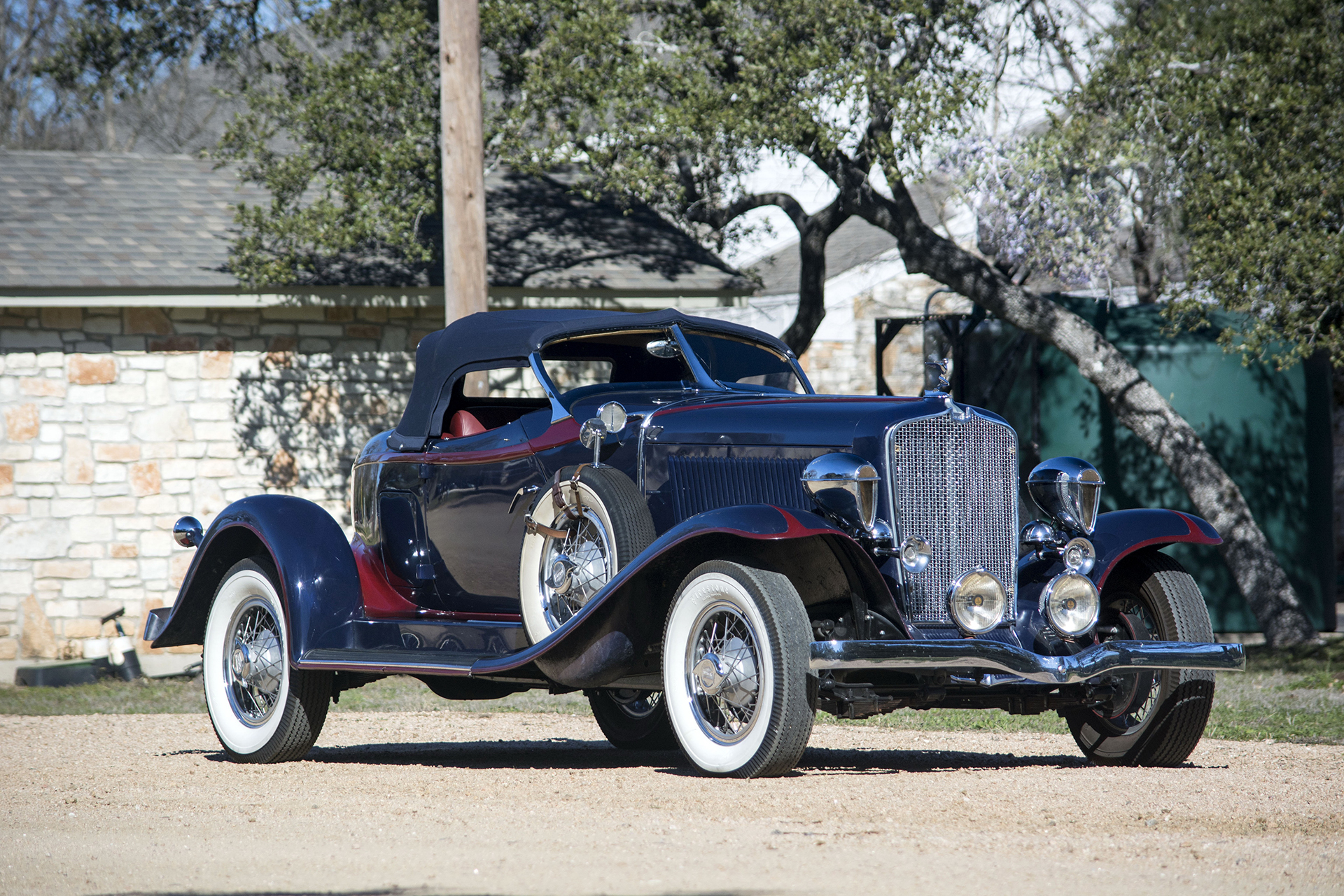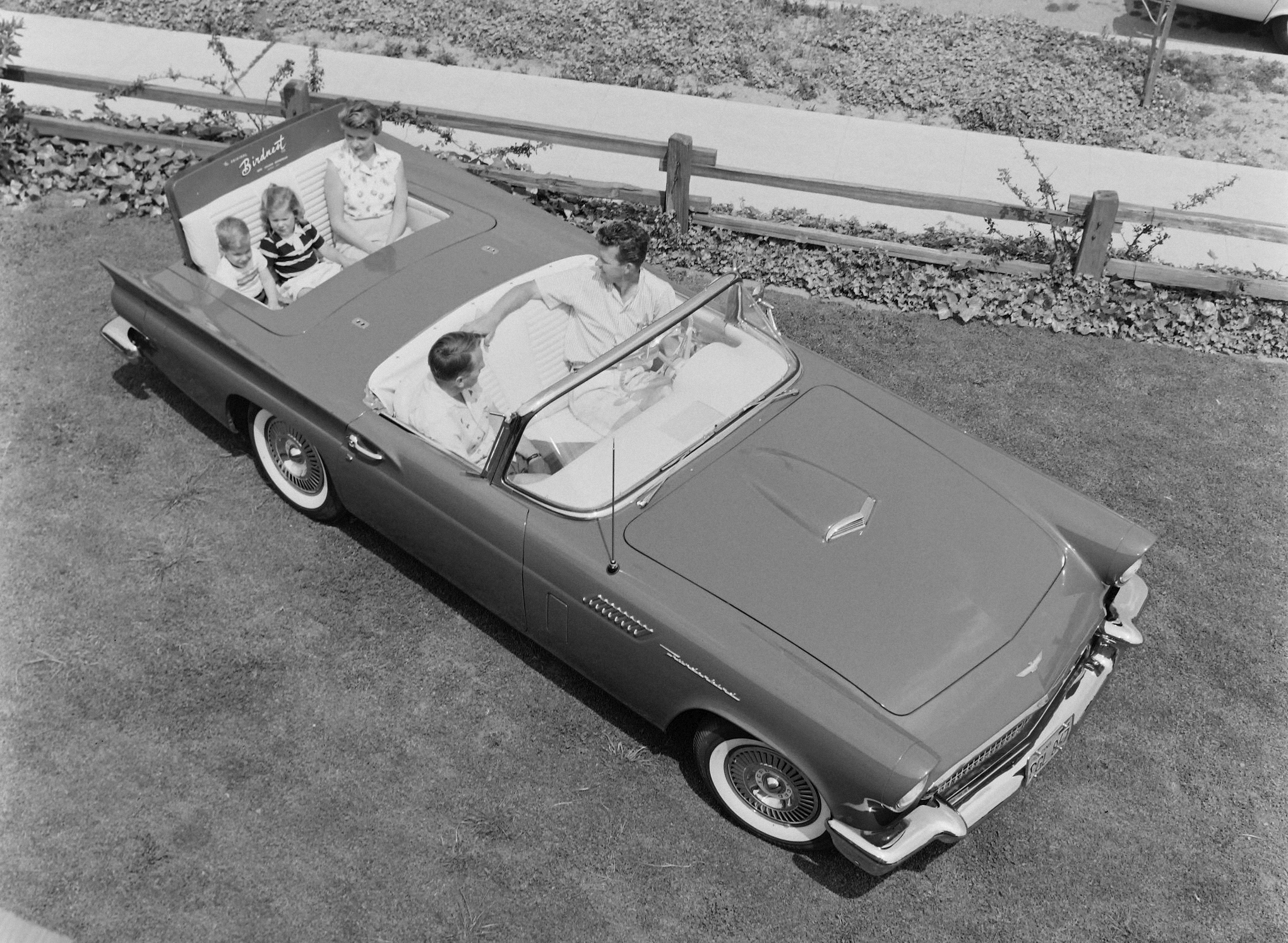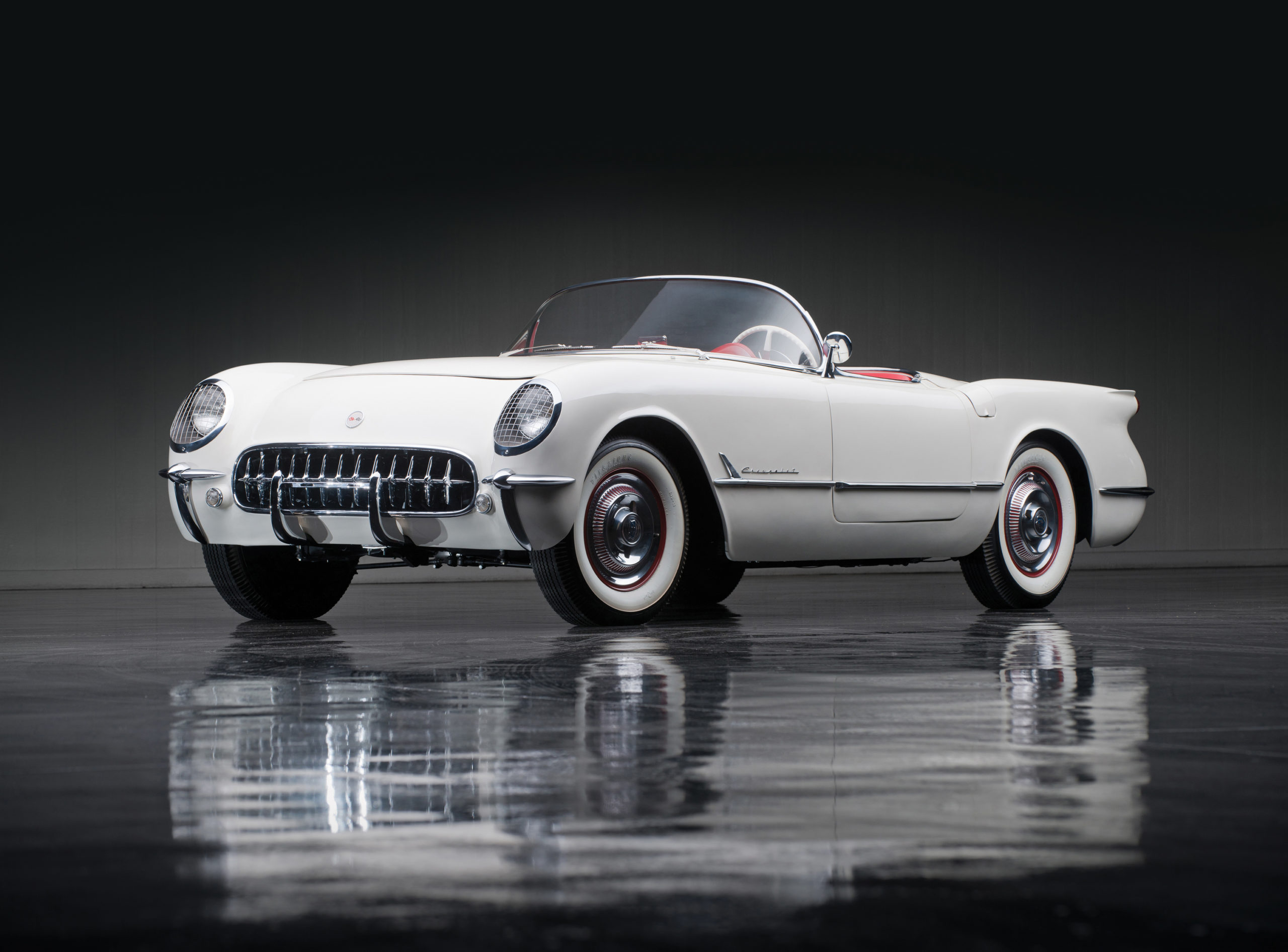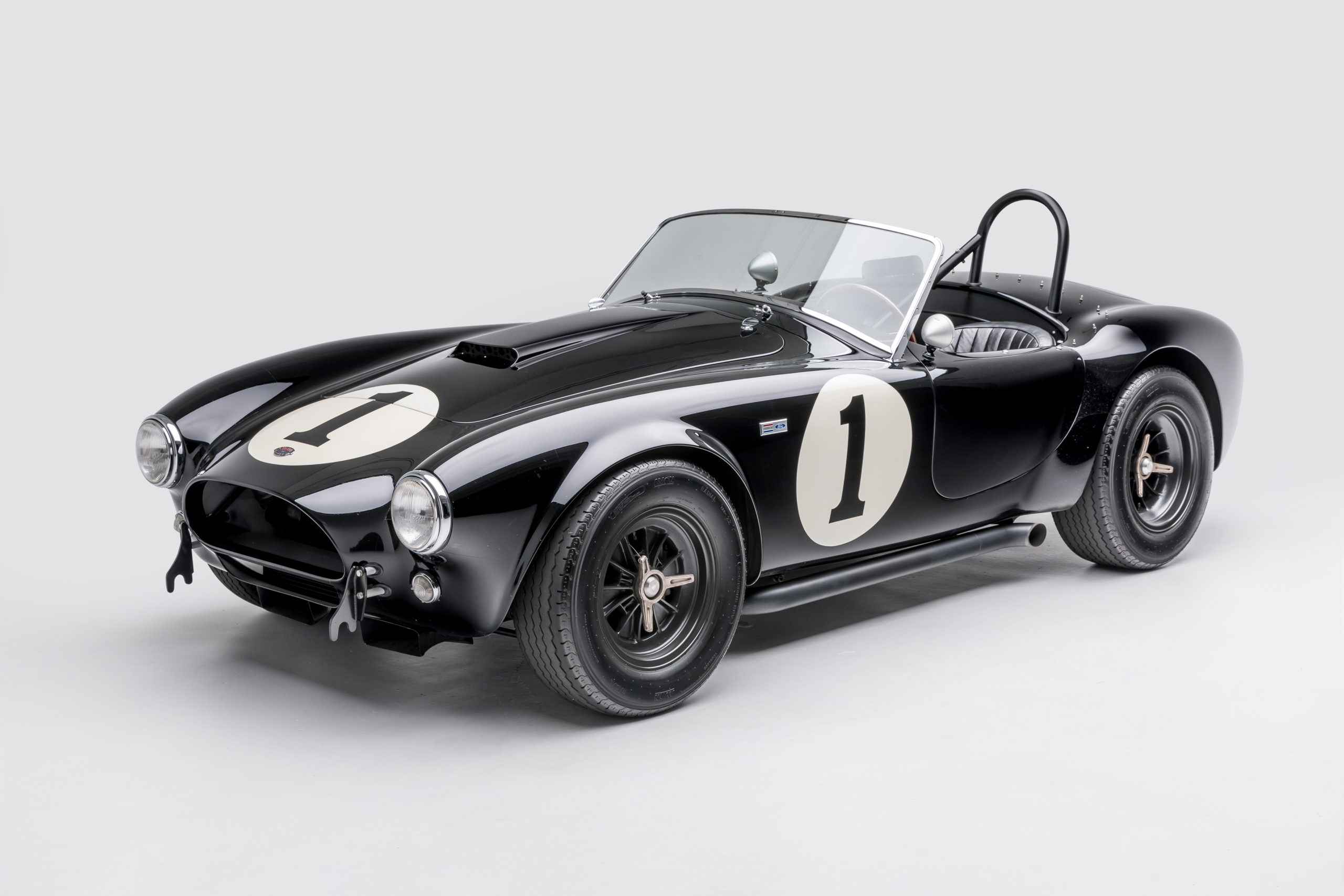Spider USA: a symbol of sporty well-being
Photo credit: Bonhams, Wheelsage
To start a conversation about American spiders – or rather open-top two-seater sports cars – you have to start from afar. The first open-top two seaters were originally created for racing and today rank amongst the most coveted models at the Concours d’Elegance events. We’re talking about Mercer and Stutz.
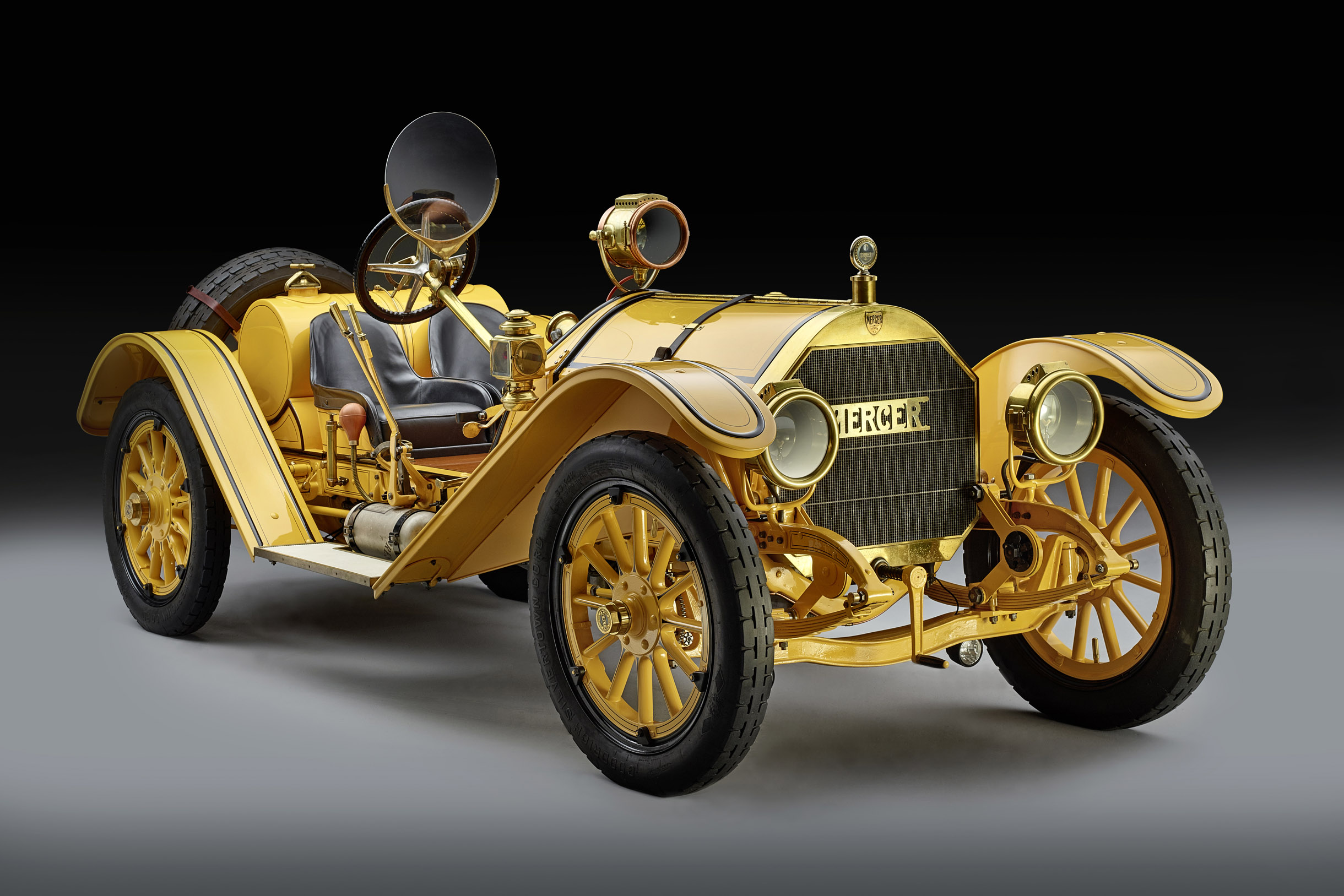
Proud adversaries on the track between 1911 and 1914, the two cars also represented an aristocratic example of road-going super sports. And it didn’t take long for the idea to catch on, as demonstrated by Fred Duesenberg who, among his models, boasted the magnificent model J form the 30s. It’s sad to remember that the founder of the company lost his life in an accident with this same, very high-performance model for the time. In the pre-war period, another flagship of the American car industry was Auburn, whose muscular silhouette made no secret of its intentions.
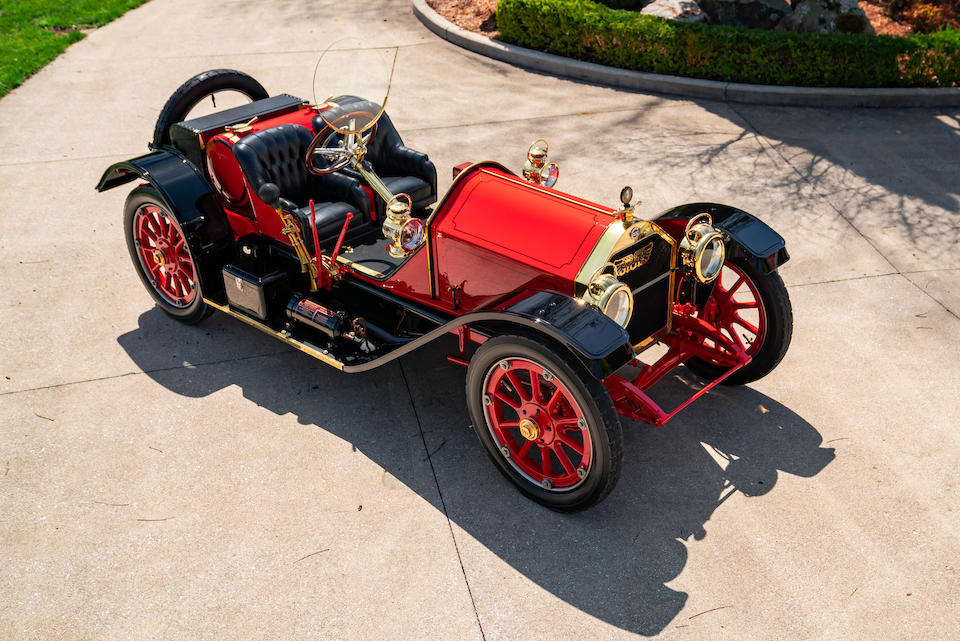
The history of American spiders changed during the post-war period. Compared to the compact and agile imported spiders – Ferrari first and foremost, but also British and German alternatives – American sports cars have always been proudly large, comparable to the many roadsters derived from production vehicles. Among the pure spiders, the Corvette wrote a long and magnificent story while Ford, with the Thunderbird, introduced creative solutions such as the Bird’s Nest Rumble Seat version with a rear sofa bench for additional passengers (the chapter on road safety was still on the drawing board back then… ). European design influence led to the profound transformation of the English AC into the Shelby Cobra which in 1962, thanks to generous enlargements of the wheel arches and the installation of a mighty V8 engine, took on an entirely new appearance. This too was originally designed for racing, and it was as successful on the track as it was on the streets.
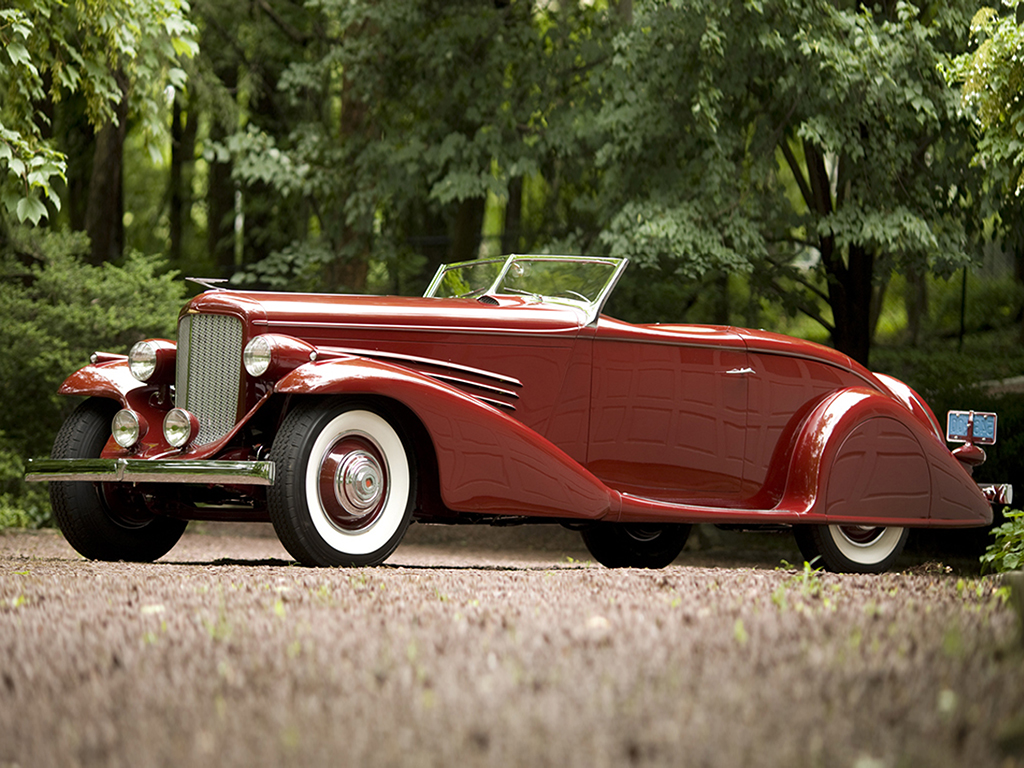
Slightly less fortunate was the 1987 Cadillac Allanté, designed and produced in Italy by Pininfarina. Expensive and complex logistics made it almost impossible for this model to take off.
The most recent success-story for American spiders is the Dodge Viper from Chrysler. Once again, there was a touch of Europe in this car: the big American engine was developed and prepared by Lamborghini which, in 1992 belonged to Chrysler.
